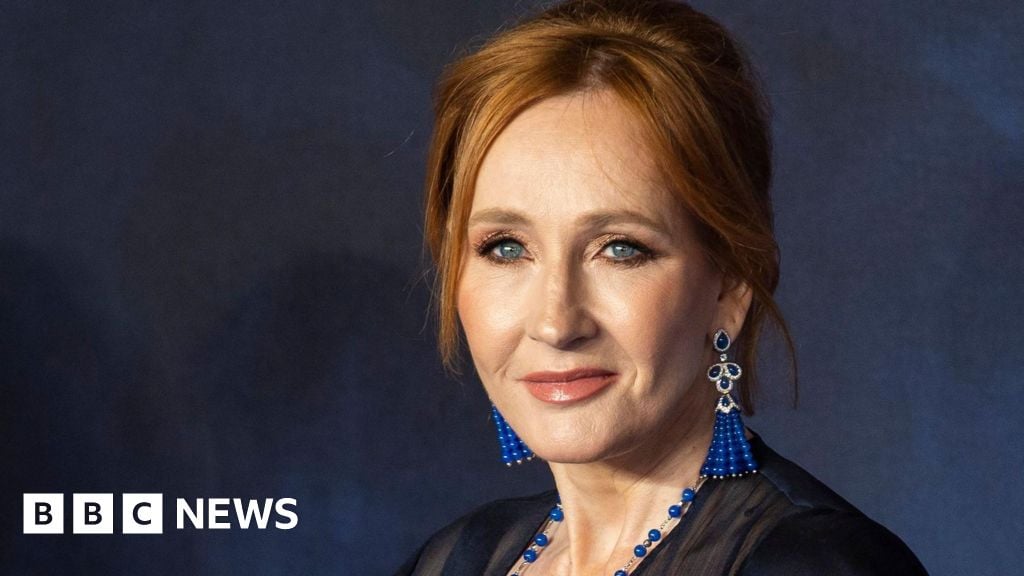JK Rowling has challenged Scotland’s new hate crime law in a series of social media posts - inviting police to arrest her if they believe she has committed an offence.
The Harry Potter author, who lives in Edinburgh, described several transgender women as men, including convicted prisoners, trans activists and other public figures.
She said “freedom of speech and belief” was at an end if accurate description of biological sex was outlawed.
Earlier, Scotland’s first minister Humza Yousaf said the new law would deal with a “rising tide of hatred”.
The Hate Crime and Public Order (Scotland) Act 2021 creates a new crime of “stirring up hatred” relating to age, disability, religion, sexual orientation, transgender identity or being intersex.
…
Ms Rowling, who has long been a critic of some trans activism, posted on X on the day the new legislation came into force.



Thank you. I must admit that I don’t always get this right, but this is entirely due to English not being my main language. That said, I did think about using it in the same way as people with disabilities, but thought that sexuality(gender?) is more defining than what disability one may have and would not be perceived negatively. Actually, thinking about it, why is it any different than calling someone a man or a woman? I will note this for the future though, because although it does not necessarily make sense to me, it doesn’t hurt me to use it the way it is prefered. Thank you again.
“Man” and “Woman” are nouns. “Transgender” is an adjective. When you refer to a person as an adjective, it dehumanizes and stereotypes them. Here’s some sentences that show how awkward and off-putting it sounds:
I am only trying to understand this better, so excuse me stepping any toes here, but why is transgender not a noun too? Is this because it describes the type of man or woman one is? I would assume that if used neutrally, it could as well be a noun.
The type of man a transgender man is is a man.
The type of woman a transgender woman is is a woman.
Men and women are nouns.
Male and female can be nouns or adjectives depending on usage. It’s demeaning to refer to women as “females”, but calling someone part of your female friend group doesn’t make one sound like a Ferengi because it’s being used as an adjective to describe the friend group.
It’s an adjective because it describes a characteristic or identity of a person. This Reddit thread explains it better than I can: https://www.reddit.com/r/linguistics/comments/tql7zh/why_are_a_lesbianbisexual_fine_but_a/
Yes, because ‘transgender’ is a modifier for nouns, but not one itself.
To make the descriptions even more awkward to demonstrate the point, you wouldn’t call tall women ‘the talls’ because it’s awkward as fuck and distills the person down to a single physical attribute. ‘The transgenders’ does the same thing.